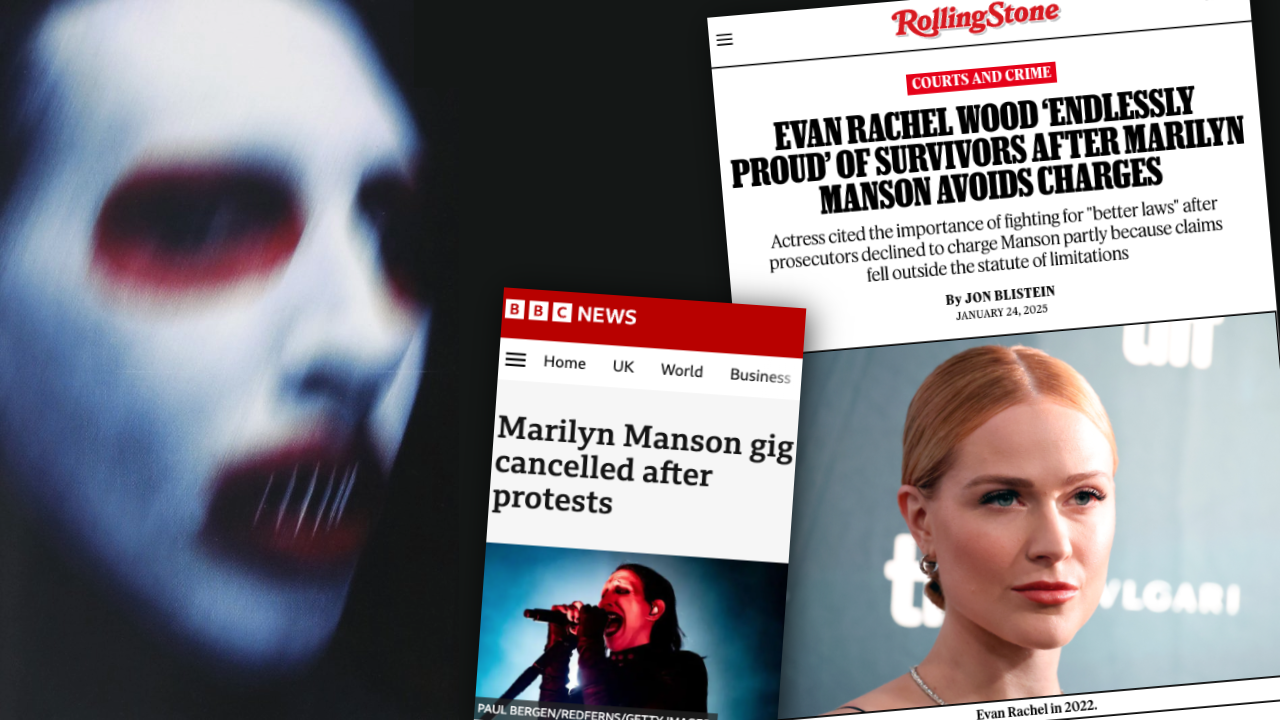This post is for paying subscribers only
Subscribe now and have access to all our stories, enjoy exclusive content and stay up to date with constant updates.
Marilyn Manson's back in the UK this week - but despite multiple allegations of abuse, how is he still so revered?

Subscribe now and have access to all our stories, enjoy exclusive content and stay up to date with constant updates.
Already a member? Sign in